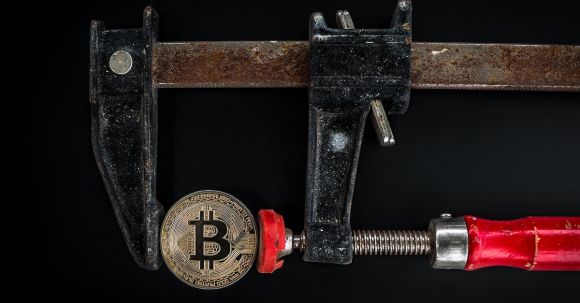With the rise of smart homes and the increasing integration of technology into our daily lives, the need for secure home automation systems has become paramount. Traditional security measures, such as passwords and firewalls, are no longer enough to protect against sophisticated cyber threats. This is where blockchain technology comes in. In this article, we will explore how blockchain is revolutionizing the security of home automation systems.
Understanding Blockchain Technology
Blockchain technology is a decentralized and distributed ledger that allows for the secure and transparent recording of transactions. It consists of a chain of blocks, where each block contains a list of transactions. These blocks are linked together using cryptographic hashes, creating an immutable and tamper-proof record of all the transactions.
Enhanced Security through Decentralization
One of the key advantages of blockchain technology is its decentralized nature. Unlike traditional centralized systems, where all the data is stored in a single location, blockchain distributes the data across multiple nodes or computers. This decentralization makes it extremely difficult for hackers to compromise the system, as they would need to gain control of a majority of the nodes in order to alter the data.
Immutable and Tamper-Proof Records
Another important feature of blockchain technology is its immutability. Once a transaction is recorded on the blockchain, it cannot be altered or deleted. This ensures the integrity of the data and prevents unauthorized modifications. In the context of home automation systems, this means that any changes made to the system, such as adjusting the temperature or turning on the lights, are recorded on the blockchain and cannot be tampered with.
Secure Identity Management
Identity management is a critical aspect of ensuring the security of home automation systems. Blockchain technology provides a secure and decentralized solution for managing identities. Each user is assigned a unique cryptographic key, which is used to authenticate and authorize their actions on the system. This eliminates the need for passwords, which can be easily compromised, and provides a more secure way of controlling access to the system.
Smart Contracts for Automation and Security
Smart contracts are self-executing contracts with the terms of the agreement directly written into code. They are stored on the blockchain and automatically execute when certain conditions are met. In the context of home automation systems, smart contracts can be used to automate various tasks, such as unlocking the front door when a specific user is detected or turning off the lights when no one is in the room. These smart contracts are executed securely on the blockchain, ensuring that the actions are performed as intended and cannot be tampered with.
The Future of Secure Home Automation Systems
As the adoption of smart home technology continues to grow, the need for secure home automation systems becomes increasingly important. Blockchain technology offers a promising solution to this challenge, providing enhanced security, immutability, decentralized identity management, and the ability to automate tasks through smart contracts. By leveraging the power of blockchain, we can ensure that our homes are protected from cyber threats and enjoy the convenience and efficiency of smart home technology.
In conclusion, blockchain technology is revolutionizing the security of home automation systems. Its decentralized nature, immutability, secure identity management, and smart contracts provide a robust and tamper-proof solution for protecting our homes. As smart homes become more prevalent, it is crucial to embrace blockchain technology to ensure the security and privacy of our homes.
